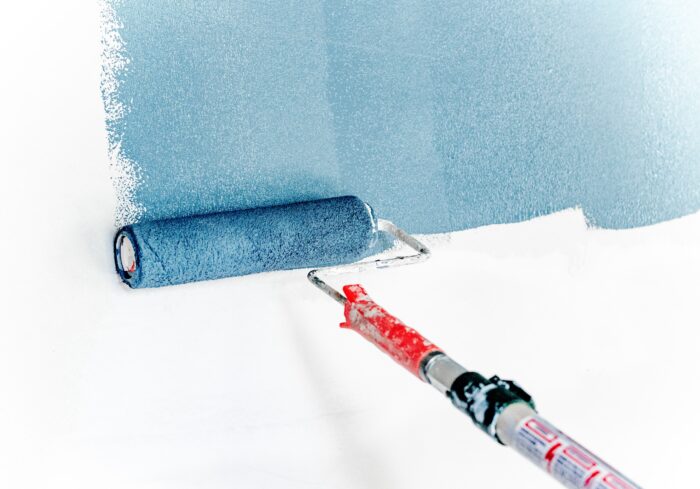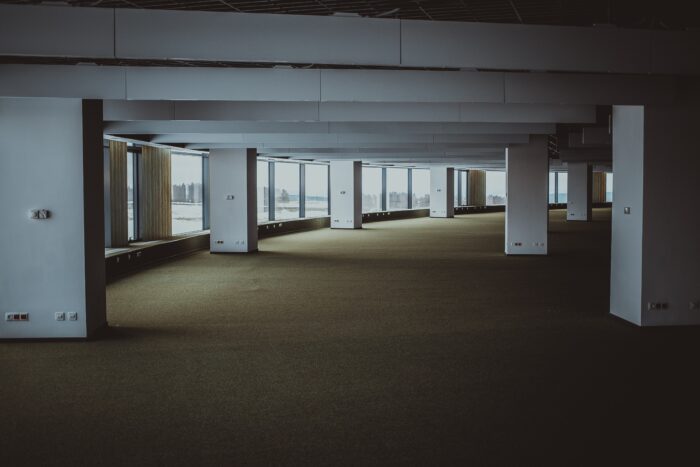Commercial
Why a Reserve Fund is vital for your commercial property investment
Published
19 September, 2023

If you’ve ventured into the realm of commercial property investment in Australia, you’re likely no stranger to the term “reserve fund.” In fact, if you haven’t encountered this concept in your investment endeavours, it might be time to reassess your investment strategy.
Beyond the allure of returns and financial projections, the reserve fund is a topic that often remains underrated among both novice and seasoned investors. It’s your safeguard against the unpredictable, your financial safety net in the world of commercial property investment in Australia.
So, what exactly is a reserve fund?
A reserve fund is a dedicated pool of capital set aside by an investor (or investors, if partaking in an unlisted property trust) in addition to the purchase price and associated expenses. Its purpose is to cover a spectrum of both anticipated and unforeseen events that can impact the seamless operation of your commercial property investment, ensuring a continuous flow of income into your pockets.
Now, you might be wondering, why is a reserve fund so crucial?
Some may question its necessity, much like some individuals may question seatbelts and helmets if they’ve never had an accident. You might think that nothing could possibly go awry with your commercial real estate investment. But that’s precisely why establishing an appropriate reserve fund is paramount. Having a well-funded reserve ensures you are prepared to weather any storm, even those unforeseeable challenges that Murphy’s Law may throw your way.
A robust reserve fund, fortified with sufficient capital to address even the most unlikely of events, provides you with the peace of mind that your investment is resilient enough to withstand the unpredictable.But what are the specific scenarios where a reserve fund proves invaluable in Australian commercial property investment?
What a reserve fund is used for in commercial real estate investment:
1. Future capital expenditure
 Once you or your investment partner have conducted a thorough due diligence on your asset, you should have a clear picture of potential capital expenditures required to maintain the property’s optimal condition. This may include maintenance of the building structure, upkeep of air conditioning units, servicing of lift equipment (if installed) and addressing various minor capital expenditure items that can arise during your tenure as a landlord.
Once you or your investment partner have conducted a thorough due diligence on your asset, you should have a clear picture of potential capital expenditures required to maintain the property’s optimal condition. This may include maintenance of the building structure, upkeep of air conditioning units, servicing of lift equipment (if installed) and addressing various minor capital expenditure items that can arise during your tenure as a landlord.
2. Future lease expiries
When a tenant’s lease is approaching expiration, it’s essential to consider potential vacancies that may occur if the tenant chooses not to renew. Regardless of the likelihood of renewal, it’s crucial to be prepared for any unforeseen circumstances. Ensure your reserve fund covers:
- Potential rental downtime
- Leasing agency commissions incurred while finding a replacement tenant
- Tenant incentives to attract new occupants
- Capital expenditures required to prepare the space for potential vacancy
 Catering to these leasing events will save you huge headaches down the road.
Catering to these leasing events will save you huge headaches down the road.
3. Loss of outgoings
In the unlikely event of a vacancy, you must account for ongoing ownership and maintenance costs, such as land tax, council rates, water rates, repairs and maintenance, and insurances. While tenants typically cover these expenses in an occupied commercial property, they become your responsibility in the event of a vacancy. It’s also smart to allocate a small provision to cover a portion of bank interest, just in case.
4. Base reserve
Regardless of how well you think you know your prospective property, you should consider all possible events that might generate future capital expenditures. While a well-managed property can minimise issues, conducting comprehensive due diligence before investing is essential to avoiding or mitigating surprises during your ownership. But you mightn’t account for every possible eventuality. Recent events, such as the tail end of a pandemic, have highlighted the need of preparedness in the commercial property sector. In this realm, anything that can go wrong usually will – unless you have adequate funds set aside to address it.Your reserve fund, bolstered with the right knowledge and insights, will position you for success in the dynamic landscape of Australian commercial property investment. That said, it’s the steps you take that lead you to your investment that is most important.
Stay ahead of the curve in commercial property investment
 As Australia’s economic uncertainties arise, and interest hikes and inflation pressures keep more investors out of the market, knowing where to place your investment funds is more crucial than it has been for some time. We’ve been in the property game for decades. And by far our best investment is in quality information. Want the experts’ take on the Australian commercial real estate market? Subscribe to our monthly newsletter and the next edition will be sent straight to your inbox.
As Australia’s economic uncertainties arise, and interest hikes and inflation pressures keep more investors out of the market, knowing where to place your investment funds is more crucial than it has been for some time. We’ve been in the property game for decades. And by far our best investment is in quality information. Want the experts’ take on the Australian commercial real estate market? Subscribe to our monthly newsletter and the next edition will be sent straight to your inbox.



